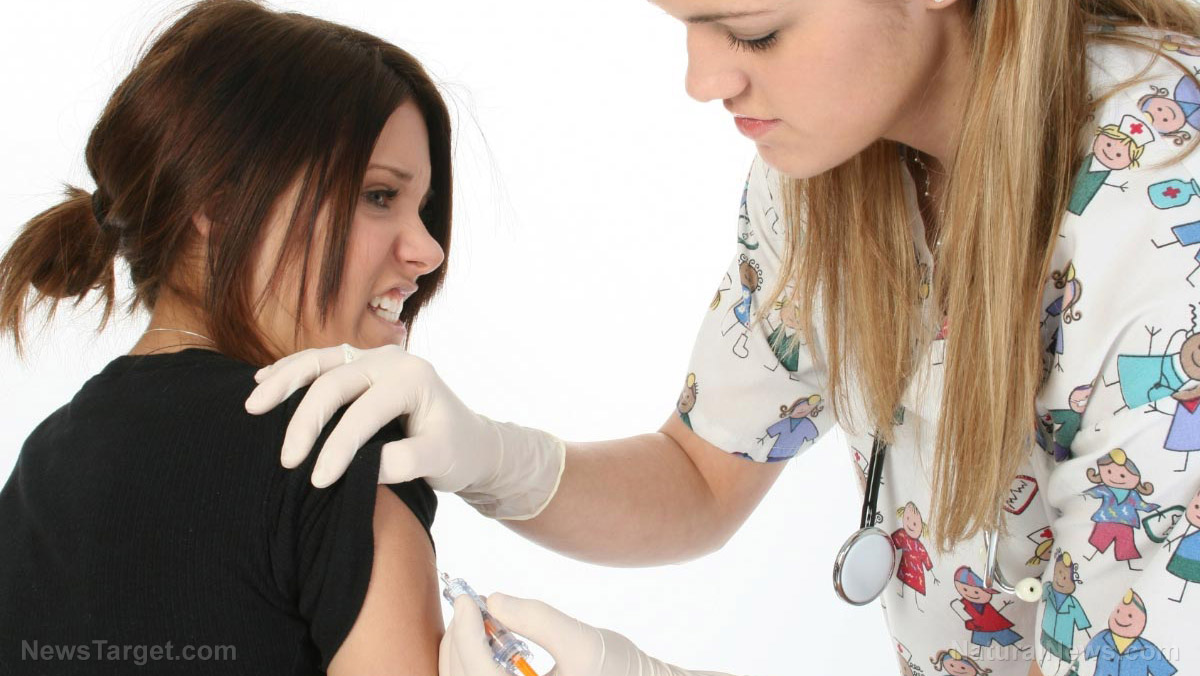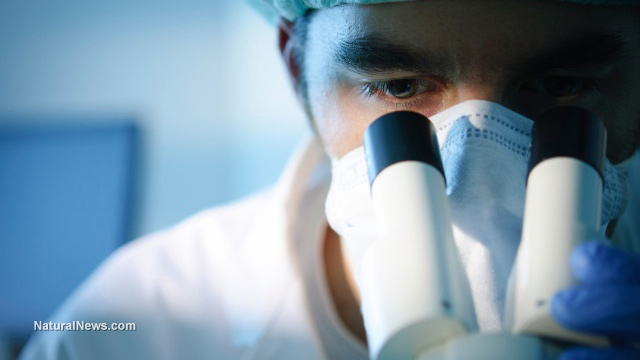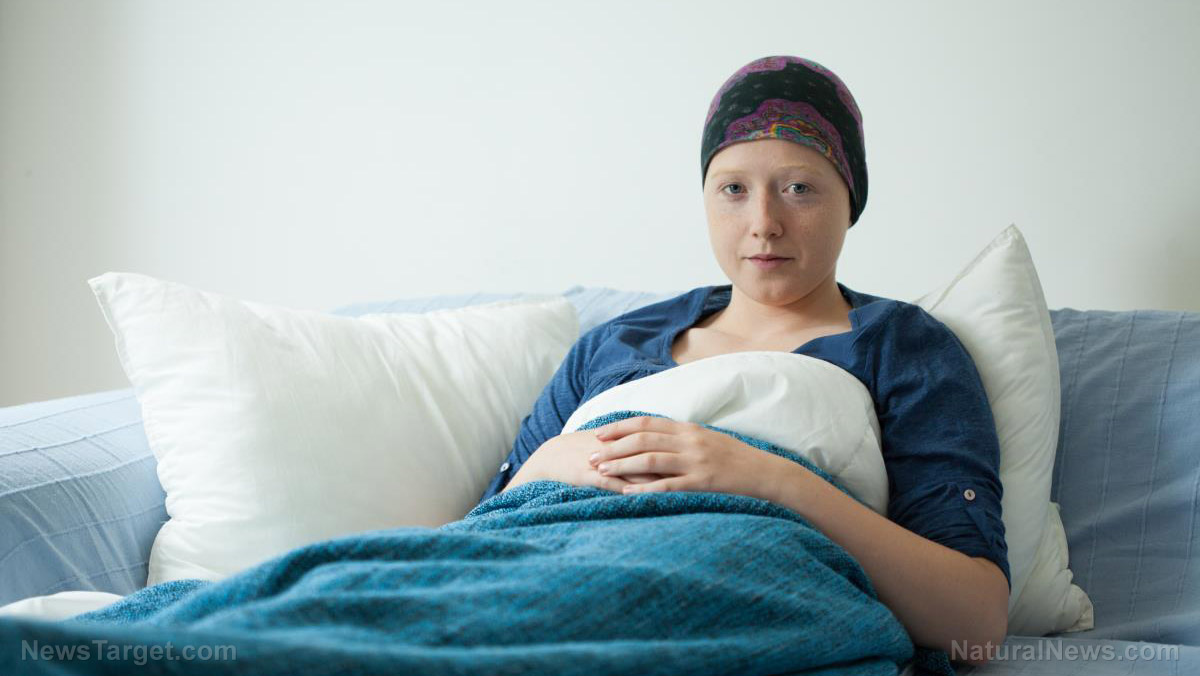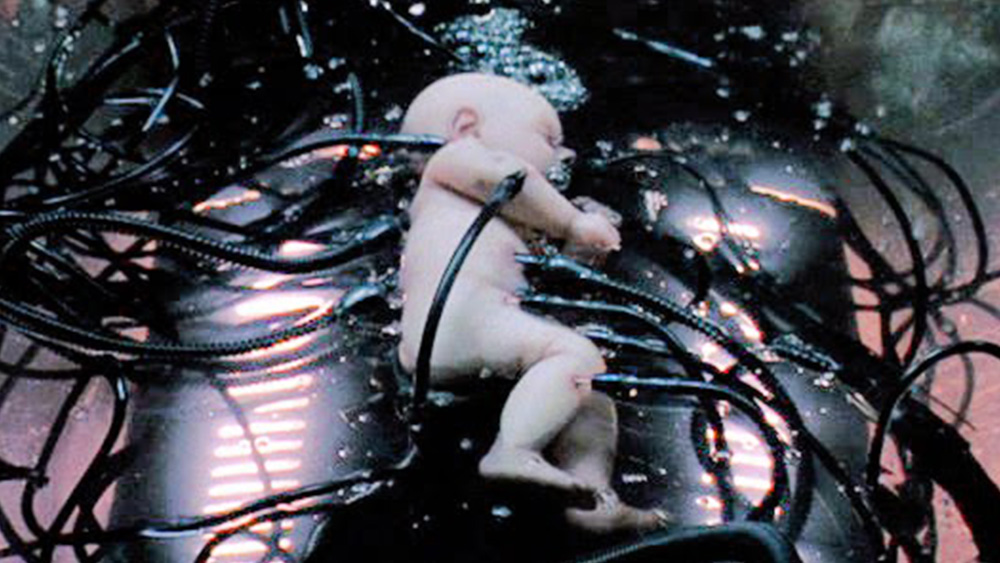Fertility doctors caught on camera LYING to women with wildly optimistic claims about unreal success rates
08/11/2018 / By Russel Davis
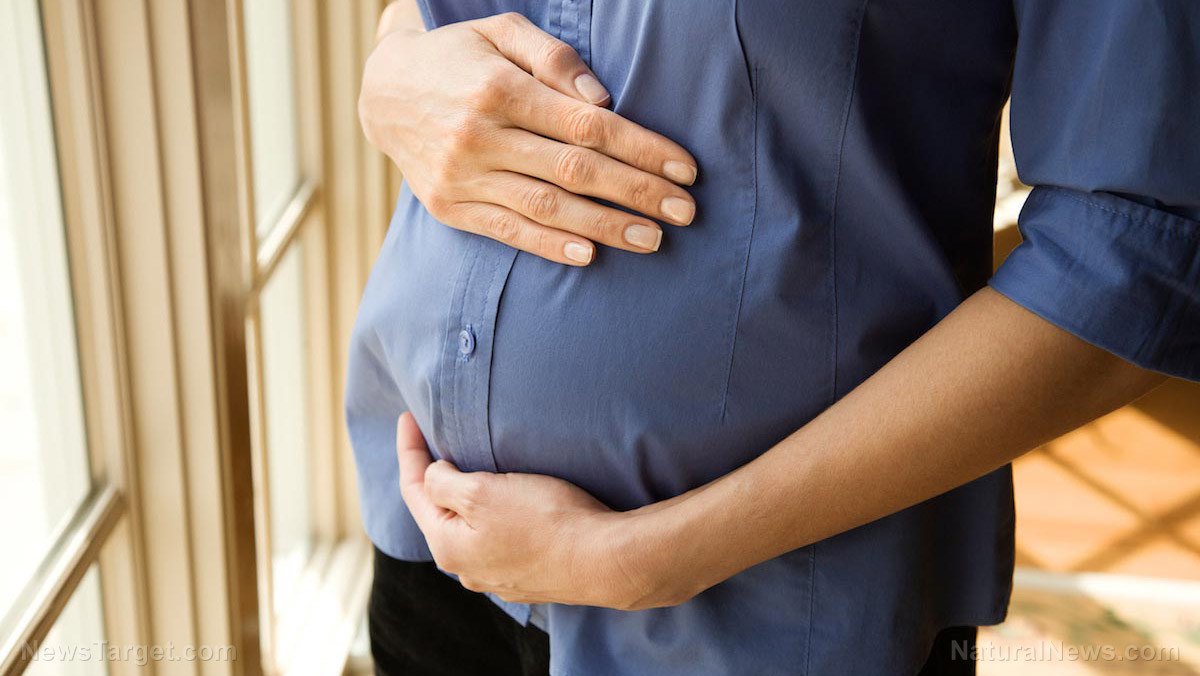
A recent report by The Daily Mail‘s Investigations Unit found that fertility doctors often present exaggerated claims about the success rate of using frozen eggs during in-vitro fertilization cycles. In the undercover report, one fertility clinic claimed that using frozen eggs may help women conceive by as much as 65 percent. In contrast, official figures show that only about 15 percent of IVF procedures that used frozen eggs had successful results. Another doctor claimed that freezing 15 to 20 eggs may serve as an insurance policy. However, the fertility watchdog Human Fertilisation and Embryology Authority (HFEA) confirmed that only one in 50 frozen eggs resulted in a successful pregnancy.
The report also found that fertility clinics are convincing poorer women to donate eggs for cash or free treatment. The practice, called egg sharing, allowed women who previously donated eggs to receive IVF. Egg sharing is a legal procedure, given the consent between potential donor and recipient. According to the recent report, distraught women were exploited by this scheme. However, the women reported feeling haunted by the idea of another person raising their children. Fertility clinics were found to charged couples as much as 7,500 British Pounds ($9,500) a time for donated eggs. In one instance, a fertility consultant was even filmed telling the undercover reporters that the establishment could offer discounts for the treatment, as the undercover reporters may receive more than 6,000 British Pounds ($7,660) for donating eggs. However, the consultant instructed the undercover reporters to not state “financial reason” as their decision to donate eggs. This, the consultant warned, would result in their application being rejected.
The HFEA has expressed concerns over the allegations, and announced that it will launch an urgent investigation on the matter. The organization has also urged the concerned individuals to contact them. HFEA has already connected with involved clinics and will conduct further investigations. Clinics exhibiting poor IVF practice will be shut down, the organization said.
“Egg sharing practice is legitimate and can work well for those concerned, provided that it is combined with appropriate counselling for both donor and recipient. However, if there was adequate NHS funding of fertility treatments, many couples would not have the need to donate their own eggs in order to enable the funding of the treatment that they so desperately seek. Many patients are required to self-fund treatment and so it is essential that [it is] made clear exactly what they are being charged for,” said Professor Adam Balen, the Chair of the British Fertility Society.
Fertility treatments not as effective as previously believed
Previous studies have long established that certain IVF treatments may not work as good as other fertility therapies in promoting pregnancy. In fact, a study published in the Journal of the American Medical Association found that using frozen eggs were less effective in making women pregnant compared with using fresh eggs. As part of the study, the research team examined more than 11,000 IVF procedures that used donor eggs in 2013. The findings showed that only 47 percent of IVF cycles that used frozen eggs resulted in live births, compared with 65 percent of live births in those who used fresh eggs.
“While frozen donor egg cycles resulted in a somewhat lower percentage of live births than fresh in this national report, this outcome is not unexpected since recipients of frozen eggs typically get fewer eggs for a treatment half as expensive as traditional donor egg with fresh eggs…egg-freezing has only recently been widely adopted, and these results show how effective this approach can be for those needing donor eggs. It is not yet known whether these reassuring outcomes will be seen in women in their 30s and 40s,” said Dr. James Toner, president of the Society for Assisted Reproductive Technology. (Related: Know more about the risk of fertility treatments.)
Sources include:
Tagged Under: bad doctors, egg sharing, False Claims, Fertility, fertility treatment, fertility treatments, frozen eggs, in vitro fertilization, Infertility, IVF




